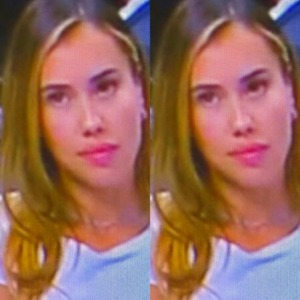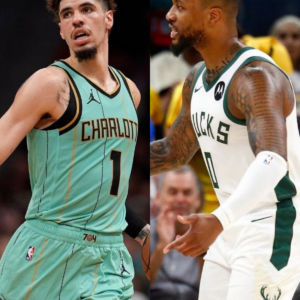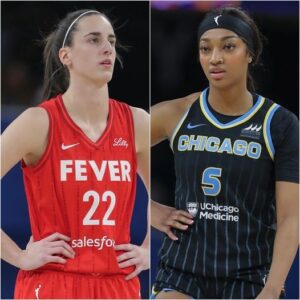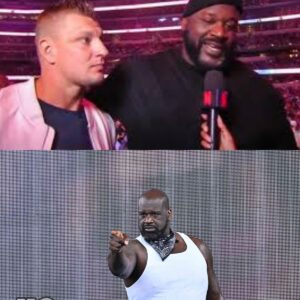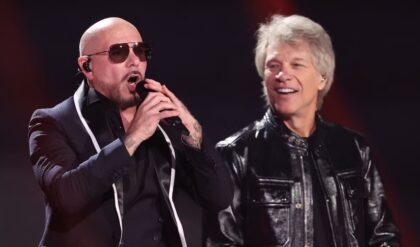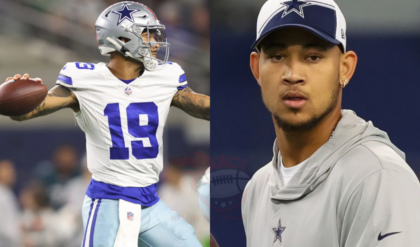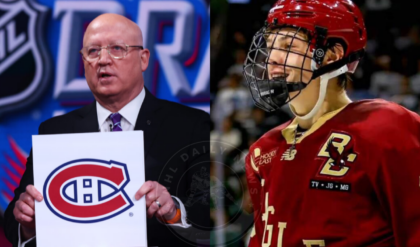Marvel is making waves with the introduction of a brand-new Hawkeye in its revamped Ultimate universe, breaking away from the traditional portrayal of Clint Barton. This fresh take presents a world where familiar heroes exist, yet they operate under altered circumstances that reshape their destinies. In this reimagined reality, Clint Barton, though retaining his identity, decides not to take on the mantle of Hawkeye, paving the way for a new hero: Charli Ramsey.
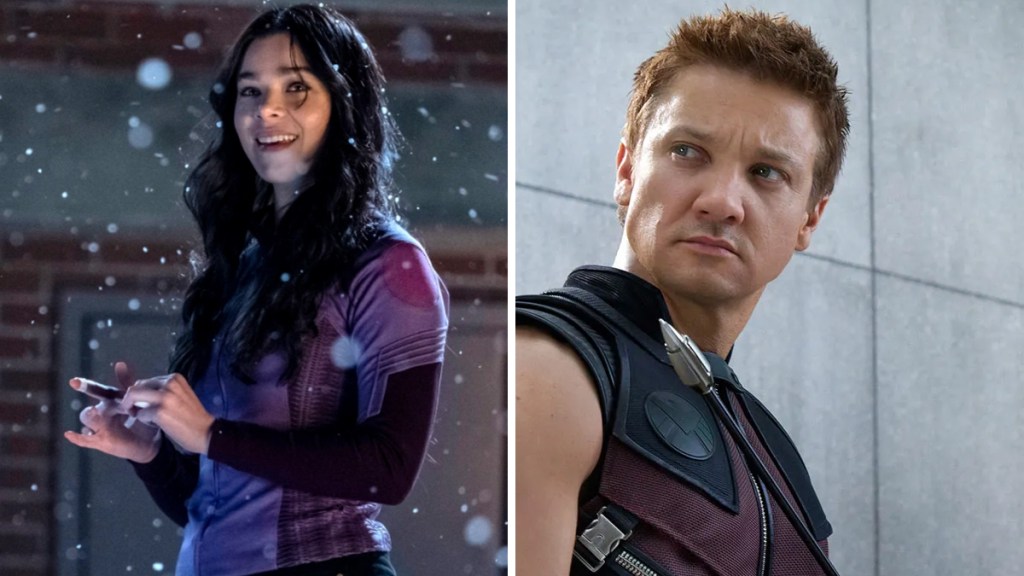
Set in a universe dramatically influenced by a variant of Reed Richards known as The Maker, this version of reality is a stark contrast to previous iterations. The Maker has engineered a world where superheroes are scarce, removing the bitterness often associated with iconic characters. For example, Spider-Man in this narrative isn’t defined by the traumatic incident of being bitten by a radioactive spider, altering his journey fundamentally.
The Fantastic Four, another cornerstone of the Marvel universe, were never brought together, leading to a unique reinterpretation of their legacies. Surprisingly, this universe’s Reed Richards evolves into a more benevolent incarnation of Doctor Doom, providing a fresh twist on a character often seen as a villain.
Enter Charli Ramsey, a groundbreaking character who steps into the role of Hawkeye with a rich background that adds depth to their narrative. Charli is confirmed to be non-binary, proudly representing the Oglala Band of the Lakota Nation. This representation is significant, especially in the context of modern storytelling, as it reflects a commitment to inclusivity and diversity in superhero narratives.
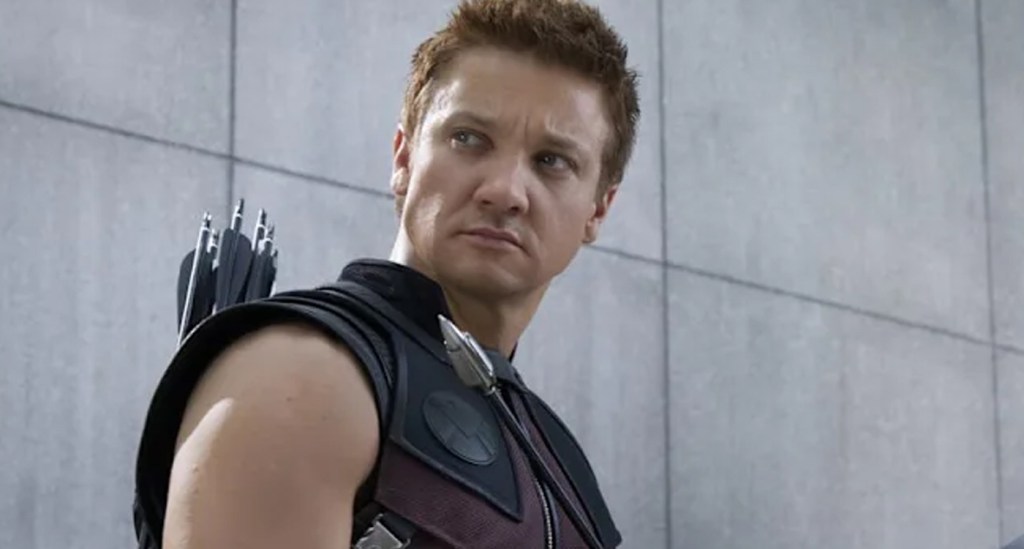
Writer Deniz Camp emphasized the importance of representation in their creative process, drawing inspiration from real-world movements. “When I did my research into the water protectors at Standing Rock, something that was emphasised again and again was the importance of queer and ‘two-spirit’ organizers to the movement,” Camp shared. This acknowledgment of historical and contemporary struggles reflects a deeper understanding of the complexities surrounding identity and activism, lending authenticity to Charli’s character.
Camp further articulated their intention not to sensationalize Charli’s identity but to weave it naturally into the narrative. “I didn’t want to make a big deal of” Hawkeye’s pronouns, Camp explained, noting that they would only come into play when relevant to the storyline. This approach ensures that Charli’s identity is integrated seamlessly into the plot, avoiding tokenization and instead fostering genuine representation.

The decision to create a new Hawkeye character not only revitalizes the franchise but also aligns with Marvel’s ongoing efforts to diversify its roster of superheroes. Charli Ramsey’s journey as Hawkeye promises to explore themes of identity, belonging, and the challenges of heroism in a world where the very concept of being a hero is redefined. As this new narrative unfolds, fans can anticipate a compelling blend of action, character development, and cultural significance that honors both the legacy of the Marvel universe and the rich heritage of Indigenous narratives.
In summary, the introduction of Charli Ramsey as the new Hawkeye represents a bold step forward for Marvel, blending familiar elements of the superhero genre with contemporary social themes. As readers dive into this new storyline, they will encounter a hero who not only embodies the spirit of resilience but also reflects the diverse tapestry of identities that enrich our understanding of heroism in today’s world. With Deniz Camp at the helm, fans can expect a thoughtful and engaging narrative that elevates the superhero genre to new heights.
News
Jaw-Dropping Female Basketball Fan Looked Ready To Risk It All For A Milwaukee Bucks Player While Sitting Courtside
One Milwaukee Bucks player had the opportunity of a lifetime in more ways than one. Milwaukee Bucks star Ryan Rollins and fan (Photo via Twitter) In just his 34th career NBA game, Ryan Rollins had huge shoes to fill in replacing Damian…
VIDEO: NBA Fans Believe LaMelo Ball Needs “Media Training” After Hornets Star Slips Up Again On Camera During Postgame Interview
The Charlotte Hornets shocked everyone at the Spectrum Center by securing a narrow 115-114 victory against the Milwaukee Bucks. Star player LaMelo Ball delivered an impressive performance, scoring 26 points, six assists, and nine rebounds. Despite his strong showing, Ball is facing…
VIDEO: Cameras Captured Doc Rivers’ Frustrated Reaction After LaMelo Ball Earned A Game-Winning Foul Despite Getting Tripped Over Himself
In a recent game, basketball fans experienced an incredible competition between the Milwaukee Bucks and the Charlotte Hornets. The match had several intense moments, but the most dramatic occurred in the final moments. Additionally, Bucks head coach Doc Rivers’ reaction to…
The difference between AR & CC is that Clark does not speak badly to the press about other players
In the world of sports, especially basketball, the spotlight often shines brightest on the players who not only excel on the court but also manage their public image with finesse. This dichotomy is vividly illustrated in the contrasting behaviors of…
VIDEO: Rob Gronkowski Challenges Shaquille O’Neal For The First Showdown After The NBA Legend Proposed NBA vs. NFL Boxing Event
The #PaulTyson mania has caught up with everyone. Despite his EDM festival starting off shortly, Shaquille O’Neal couldn’t help but attend the Mike Tyson vs. Jake Paul fighting frenzy. While O’Neal put his bets on Iron Mike, things didn’t turn out as expected. With…
Social Media Is In Shock After Someone Leaked The Alleged “Script” For Mike Tyson vs. Jake Paul
Social media is losing their minds after somebody leaked the alleged “script” for the boxing match between Mike Tyson and Logan Paul tonight. The former undisputed world heavyweight champion is stepping in the ring for the first time since his exhibition match against Roy…
End of content
No more pages to load
